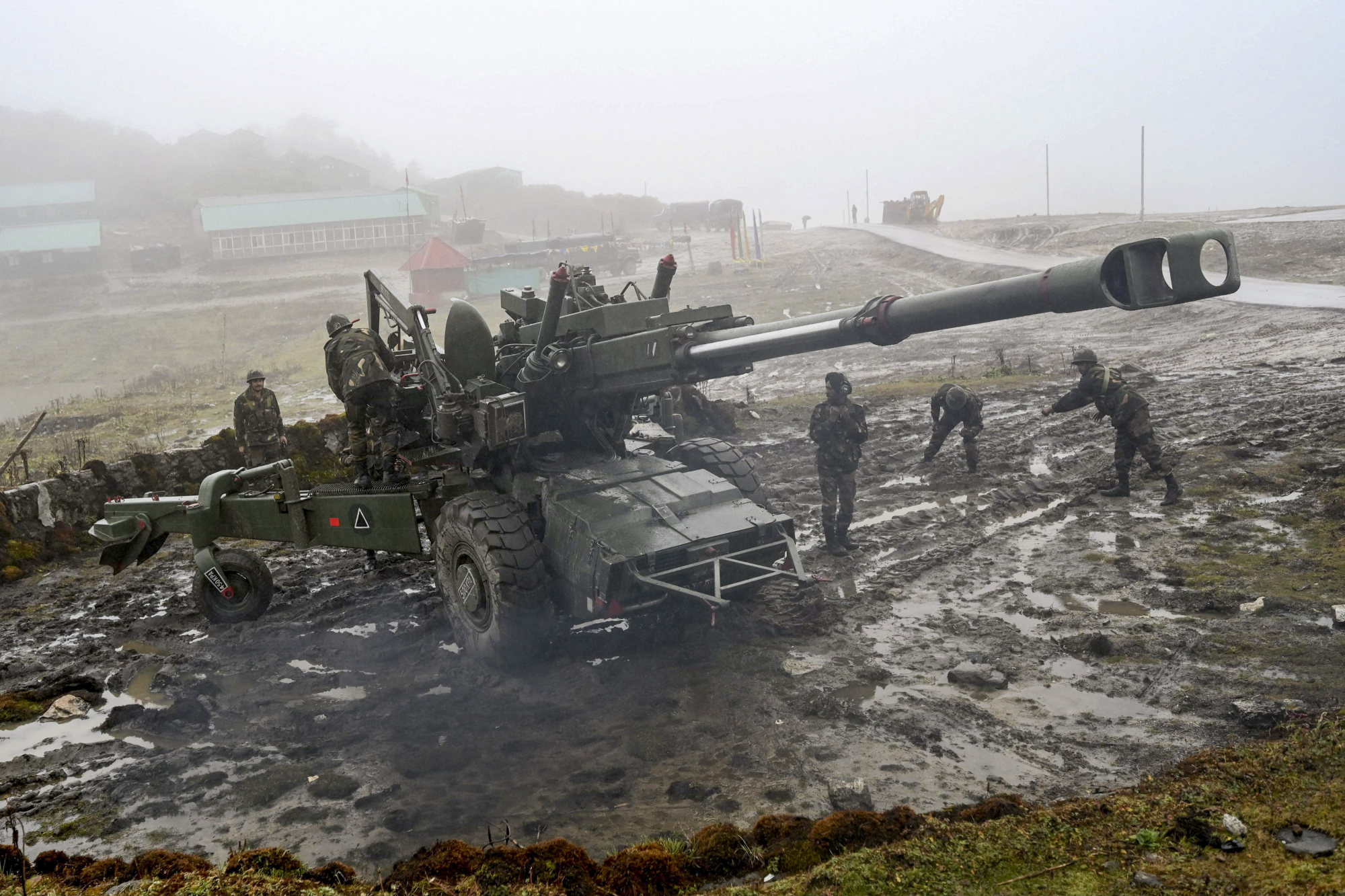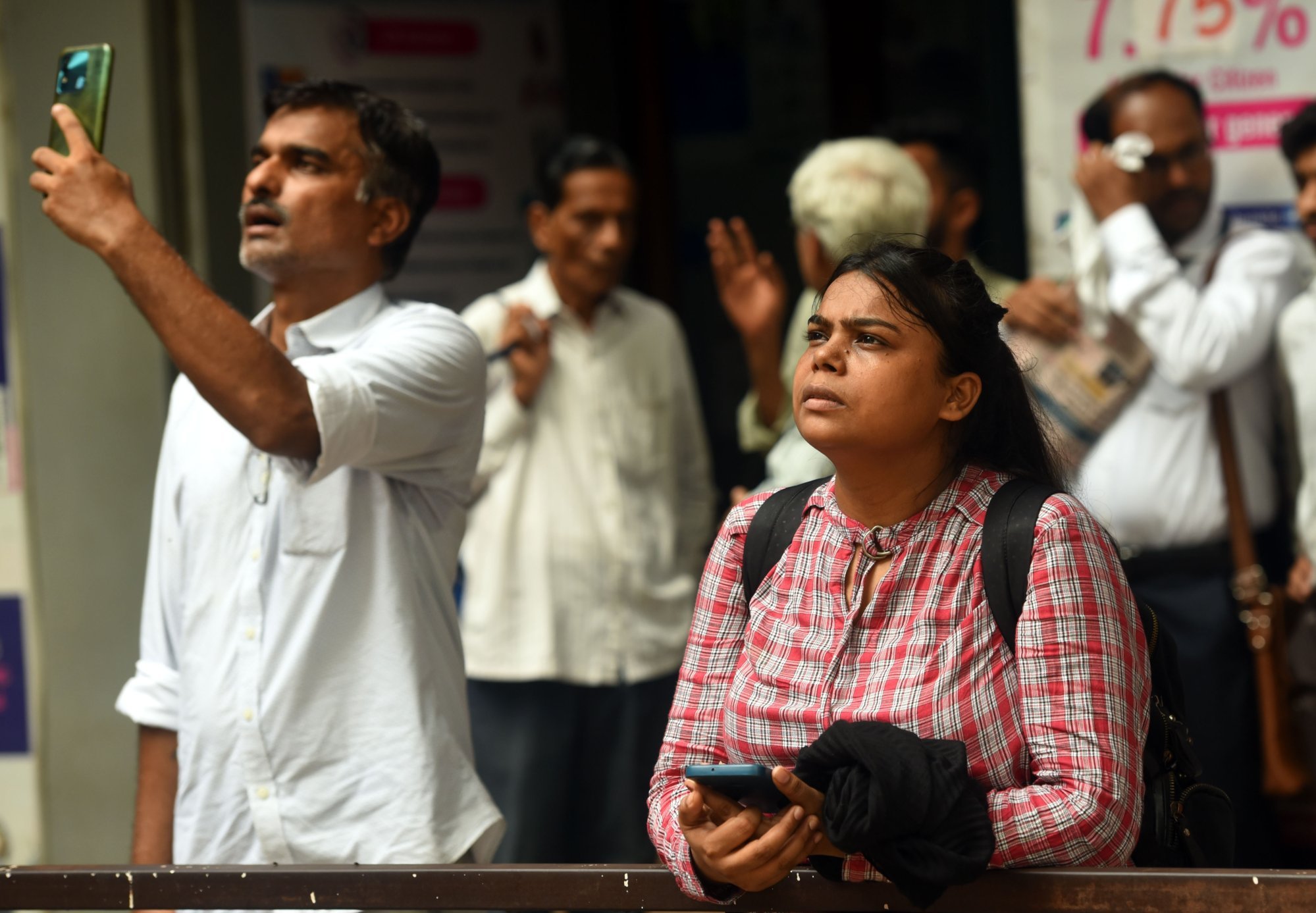“India will continue to be seen as an important global player regardless, but we may just see a lot more focus on domestic issues and challenges, given the election results, at least for the initial months of the new government,” Aamer added.
High-level initiatives like the ‘2+2 ministerial dialogues’ involving each country’s top defence and diplomatic officials have bolstered ties as well.
And throughout the headway, Modi has sought to position New Delhi as an appealing alternative amid Washington’s efforts to diversify supply chains away from Beijing’s sway.
State Department spokesman Matthew Miller on Tuesday described US-India ties as a “great partnership both at the government level and at the people-to-people level”.
Asked about a third Modi term, Miller replied that the US looked forward to the final results and that it “fully” expected the good dealings to continue.
Aamer believed India’s relationship with the US was likely to stay on its current path, whether in their “manner of managing frictions or maintaining the trajectory of ongoing joint initiatives”.
“The US has so far managed its differences with India well, especially with regards to the India-Russia equation,” she said.
Both sides maintain a significant number of troops and advanced weaponry along the “Line of Actual Control” – the effective Himalayan border between the two countries.

The stalemate persists despite 21 rounds of talks and at least four rounds of disengagement. Tensions exploded in May 2020 following a violent clash that resulted in the deaths of more than 20 Indians and four Chinese soldiers.
During the election campaign, Modi spoke of tackling border issues soon to achieve normalised relations, stressing the importance of regional stability.
“It is my belief that we need to urgently address the prolonged situation on our borders so that the abnormality in our bilateral interactions can be put behind us,” he said in an interview in April.
That said, India has keenly pursued its status “as an alternative market to China”, noted Aamer of Asia Society, “now becoming an increasingly viable investment and manufacturing global and regional hub”.
Meanwhile, the rupee lost 0.5 per cent against the US dollar, its biggest slide in 16 months.
Jabin Jacob, a China expert at Shiv Nadar University in New Delhi, described India as a stable political system and said “one should not get carried away by short-term market sentiments”.
Its position on the global stage, Jacob added, was “not at all connected to the nature of the government in place in New Delhi”.
“It doesn’t take a decisive mandate to run effective foreign policy. Just good thinking, planning, human and material resources and a willingness to walk the talk”.

As for the prospect of India and China resolving their border issues during a third Modi term, Jacob believed no Indian government could do so because Beijing itself “does not wish to compromise”, independent of how power is wielded in New Delhi.
Not long after Modi spoke of breaking ground with Beijing, China’s state-run Global Times cited local experts in asserting that it was “imperative for India to uphold a strategic perspective” towards the bilateral relationship.
“In light of this, India may question why there is no sign of easing and an improvement in China-India relations so far.”
While both parties called for efforts to improve ties, each asserted that the one-on-one meeting was initiated at the other’s request.
Jacob of Shiv Nadar University said Chinese analysts pushing for amity should look deeply at their country’s positions “including its unwillingness to respect bilateral agreements and international law”.
India’s relationship with the US has been stronger than at any time in the past, Jacob added, saying “it will only get stronger”.
“The US understands India is useful precisely because it has reach and connections that the US does not. India might not go the distance the West wants it to go on Russia, but India is still critical and plain-spoken with the Russians.”

